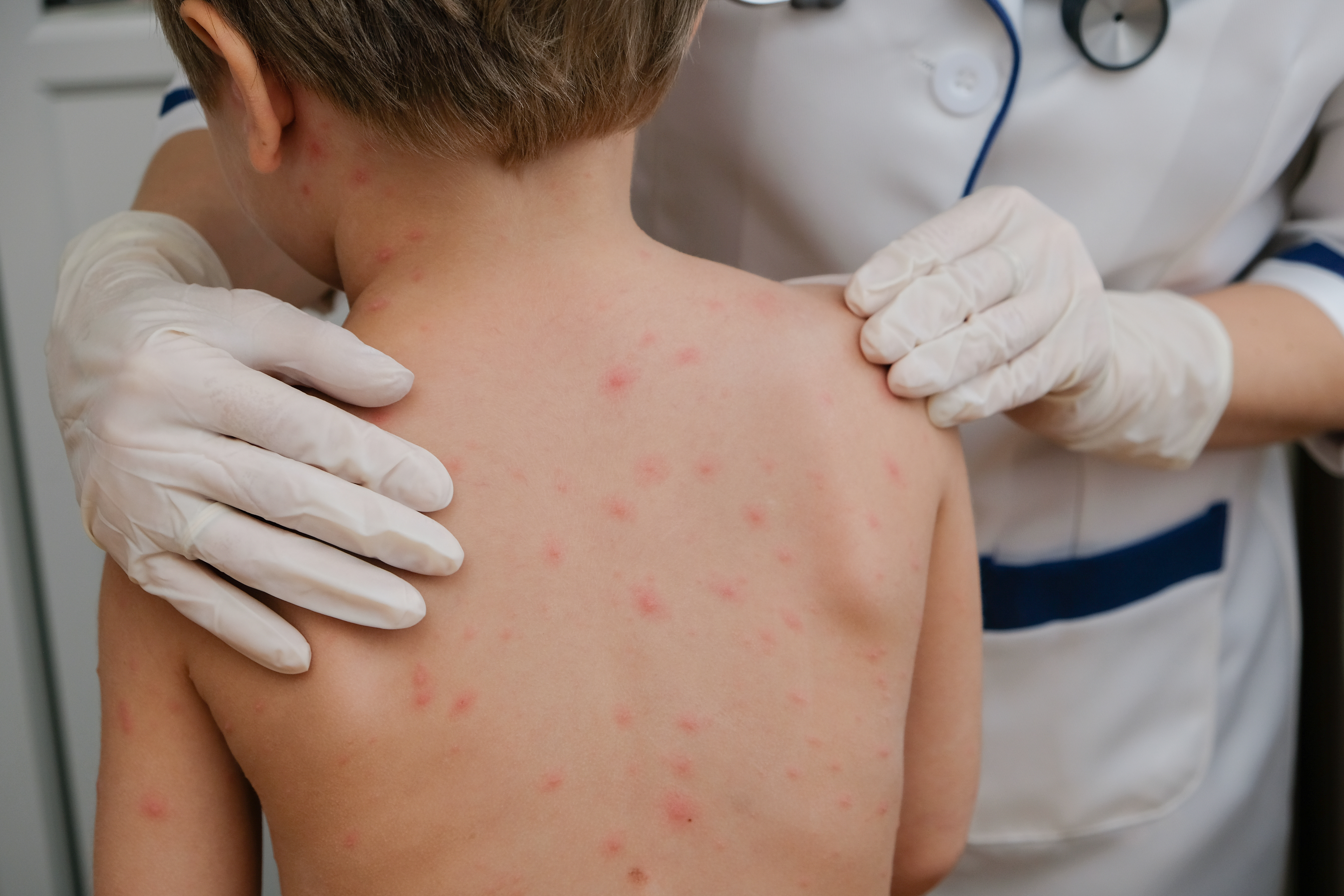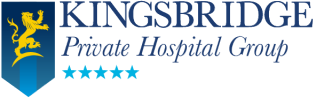Surviving Allergy Season (Part 2) With Mr Turlough Farnan, ENT Consultant
27th, Apr 2023

Last week we spoke to Mr Turlough Farnan on common symptoms of allergies and red flags to look out for. We wanted to catch up with him again to focus on another topic so this week he discusses parent’s first point of action and his top tips for getting back to enjoying the warmer weather for you and your children.
If a child is suffering from allergies, what should a parent’s first point of action be?
I think it is important to try to identify triggers. A symptom diary can be a useful tool to help identify what a child is sensitive too. Record the time of day and time of year when the allergies flare up, and think about recent exposure to cats, dogs, or dust etc that could help to identify the source of the problem. Identifying the cause can then help to minimise exposure in the future.
Take measures to limit the child's exposure to the identified allergens. For example, during high pollen seasons, keep windows closed, use air conditioning, and avoid outdoor activities when pollen counts are high. For indoor allergens, maintain a clean home, use allergen-proof covers on bedding, and control humidity levels to minimize dust mites and mould growth.
Simple non-medicinal treatments such as nasal saline irrigations can be useful for the management of mild symptoms and flushing away any allergens that land in the nose.
What are you top tips for children and adults getting through allergy season?
Allergy season can be challenging for both children and adults, but there are several strategies to help manage symptoms and make the season more tolerable. Here are some top tips for getting through allergy season:
- Monitor pollen counts - Stay informed about local pollen counts by checking weather reports or using pollen forecast websites and apps. High pollen days are typically warm, dry, and windy.
- Limit outdoor exposure on days with high pollen counts - Try to limit outdoor activities, especially during the morning and early evening when pollen levels are usually highest. If outdoor activities are necessary, consider wearing a mask to help reduce pollen inhalation.
- Keep windows closed - During allergy season, keep windows and doors closed to minimize the amount of pollen entering your home. Use air conditioning in your home and car to help filter the air.
- Shower and change clothes - After spending time outdoors, shower and change into fresh clothes to remove pollen from your hair, skin, and clothing. This can help prevent pollen from spreading throughout your home.
- Use HEPA filters - High-efficiency particulate air (HEPA) filters in your air conditioning system and vacuum cleaner to help capture pollen and other allergens.
- Practice good hygiene. Wash your hands frequently and avoid touching your face, especially your eyes, nose, and mouth, to prevent the spread of allergens.
- Use allergy medications - Consult with a healthcare professional to determine the most appropriate allergy medications for your specific needs. Over the counter or prescription antihistamines, decongestants, and nasal corticosteroids can help manage symptoms.
- Use nasal saline irrigation - A simple saline nasal rinse to help clear allergens and mucus from your nasal passages, which may provide relief from nasal congestion and irritation.
- Maintain a clean home - Regularly clean your home to reduce allergen build-up, including dusting, vacuuming, and washing bedding in hot water.
Get in touch!
For further information on our ENT services, please click here
To book a consultation with Mr Farnan or any of our ENT specialists, please text BOOKNOW to 66777 and we'll call you to discuss your options.
To book a consultation with an ENT consultant at Kingsbridge Sligo, please email sligoadmin@kingsbridgeprivatehospital.com
Visit kingsbridgeprivatehospital.com for further information on all our healthcare services, treatments and consultants.
Recent Articles

